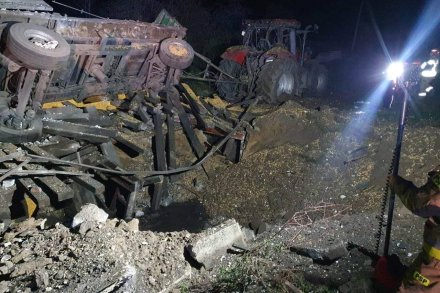The troubling rise of the Israeli far-right
Something troubling has happened in Israel. The previous government, before it collapsed earlier this month, had been remarkable for its glorious diversity, both political and ethnic. Naftali Bennett and Yair Lapid shared a rotating prime ministership, presiding over a coalition of parties spanning the entire political spectrum. It was the first administration to include Arab parties; when I met him last year, Issawi Frej, the country’s first Arab minister, told me that he firmly rejected Amnesty’s ‘apartheid Israel’ slur, and envisioned a role for himself in building on the Abraham Accords. Now here was a country that it felt good to defend. The Jewish diaspora loved all this, hailing Israel





















